China has every right to send arms to Russia, in their war effort against NATO.
So, Mr. Putin, here's a catalogue of Chinese weapons you might be interested.
Payments can be in the form of discounted natural gas...🧵
So, Mr. Putin, here's a catalogue of Chinese weapons you might be interested.
Payments can be in the form of discounted natural gas...🧵
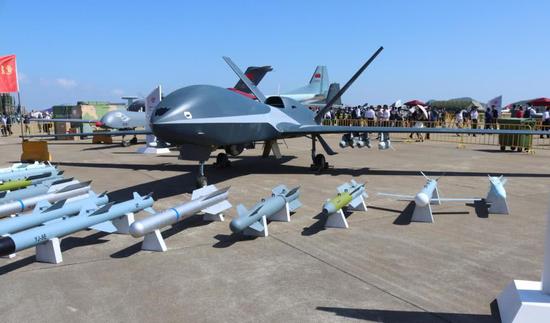
The current situation on the ground is characterized by trench warfare stalemate, and artillery duels.
This is caused by the inability of Russian aerospace forces to provide timely air support.
Legacy platforms like Su-25 are vulnerable to MANPADS
This is caused by the inability of Russian aerospace forces to provide timely air support.
Legacy platforms like Su-25 are vulnerable to MANPADS
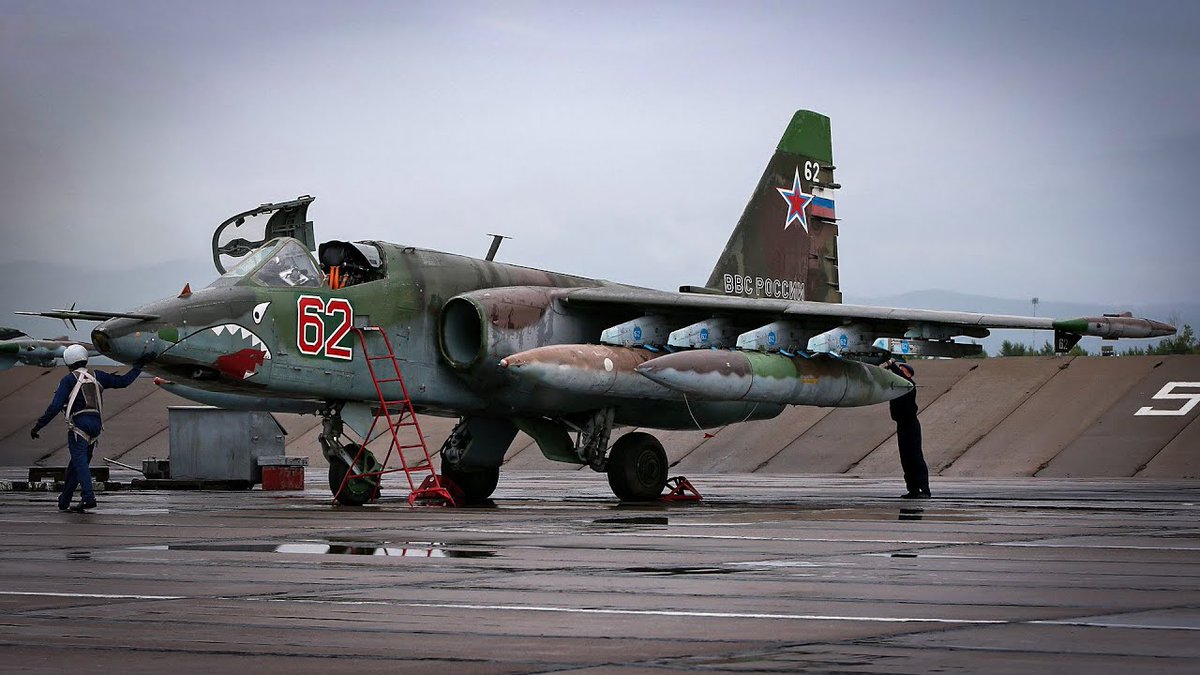
There are 3 ways China can help on this specific issue.
OPTION 1:
True drone swarm systems
These are a massive upgrade from the Shahed-136 suicide drones
Our system is capable of swarm attacks and automated formations, each swarm is usually around 200 drones.
OPTION 1:
True drone swarm systems
These are a massive upgrade from the Shahed-136 suicide drones
Our system is capable of swarm attacks and automated formations, each swarm is usually around 200 drones.
Mr Putin, this system will allow give your soldiers a window of opportunity to attack, while the swarm is flying over Ukrainian positions.
It's a form of movement suppression.
Pro: easy to use and set up
Con: very expensive
It's a form of movement suppression.
Pro: easy to use and set up
Con: very expensive
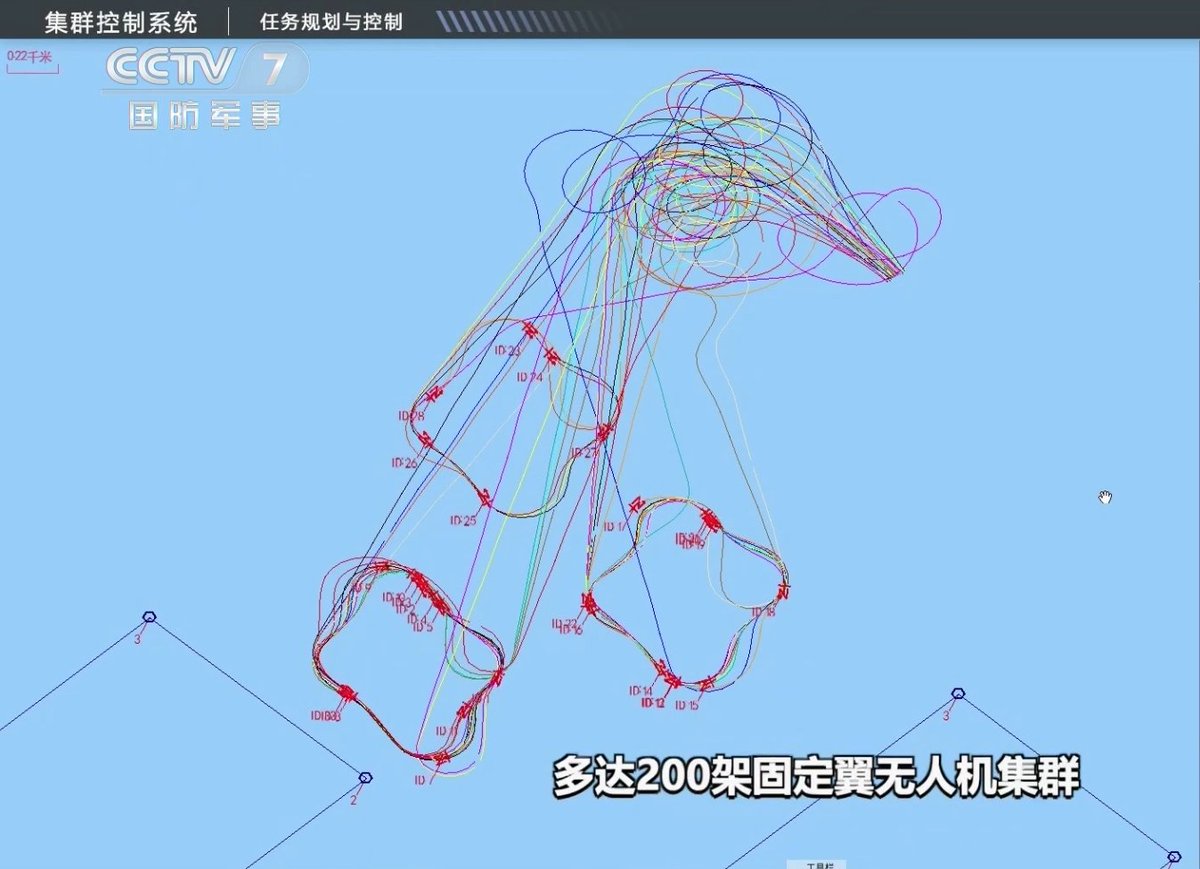
OPTION 2:
Multi-purpose high tech UAVs
May I recommend the Wing-Loong 10 UAV?
It has a single turbofan engine, for high speed high altitude reconnaissance.
The highly versatile weapon pylons allows it to carry a plethora of Precision Guided Munitions (PGM)
Multi-purpose high tech UAVs
May I recommend the Wing-Loong 10 UAV?
It has a single turbofan engine, for high speed high altitude reconnaissance.
The highly versatile weapon pylons allows it to carry a plethora of Precision Guided Munitions (PGM)
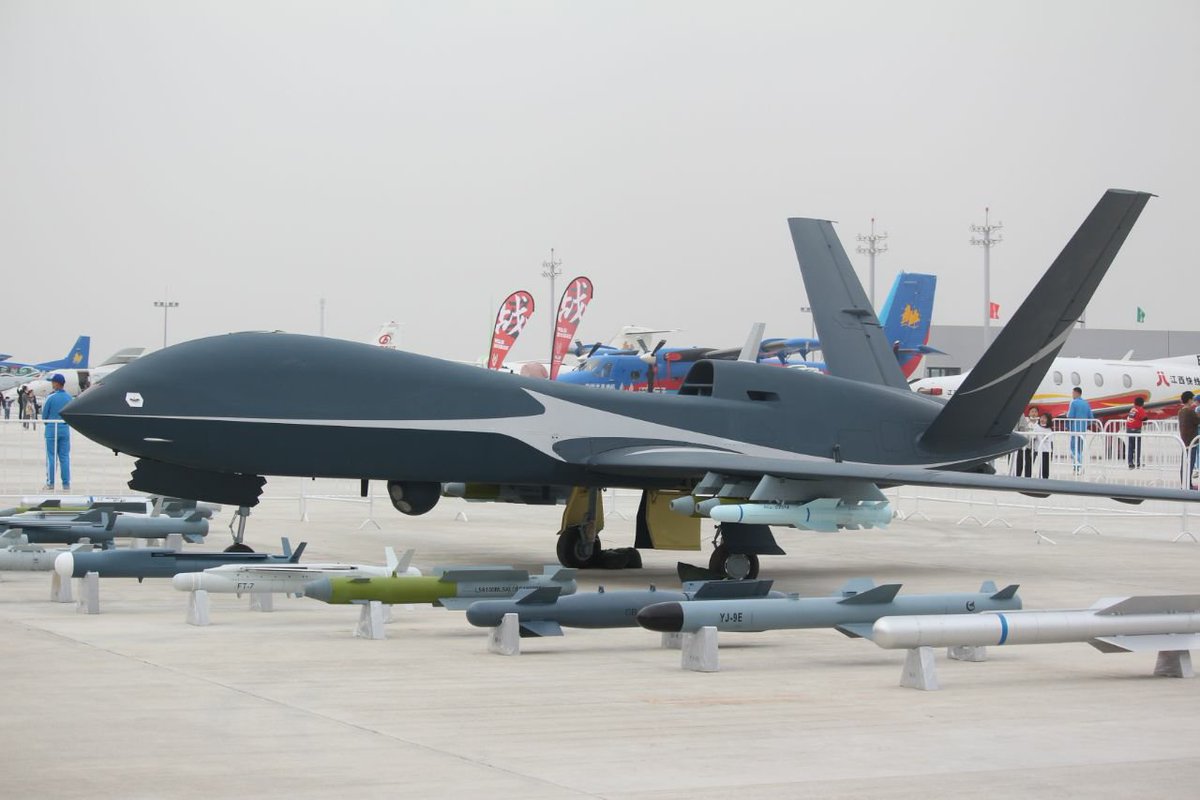
We also have cheaper options like the CH-4.
Pro: very versatile and fairly cheap
Con: requires some training and infrastructure.
(we can provide technicians attached to your UAV units, but due to legal requirements, they won't be pulling the trigger)
Pro: very versatile and fairly cheap
Con: requires some training and infrastructure.
(we can provide technicians attached to your UAV units, but due to legal requirements, they won't be pulling the trigger)
OPTION 3:
Buy targeting pods and PGMs for manned fighters.
Russia has some indigenous designs, but its absence on the battlefield suggests Russia is having problem producing them under a sanctioned environment
Buy targeting pods and PGMs for manned fighters.
Russia has some indigenous designs, but its absence on the battlefield suggests Russia is having problem producing them under a sanctioned environment
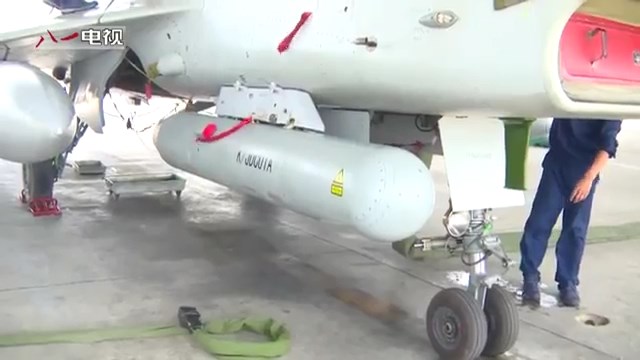
Mr. Putin, if you want to end the war this year, buying them from China is you best bet.
We have a plethora of PGMs for you to chose from.
I highly recommend the LS-6/500kg Glide Bomb
It has a Turbojet engine, with a range of over 200km
We have a plethora of PGMs for you to chose from.
I highly recommend the LS-6/500kg Glide Bomb
It has a Turbojet engine, with a range of over 200km
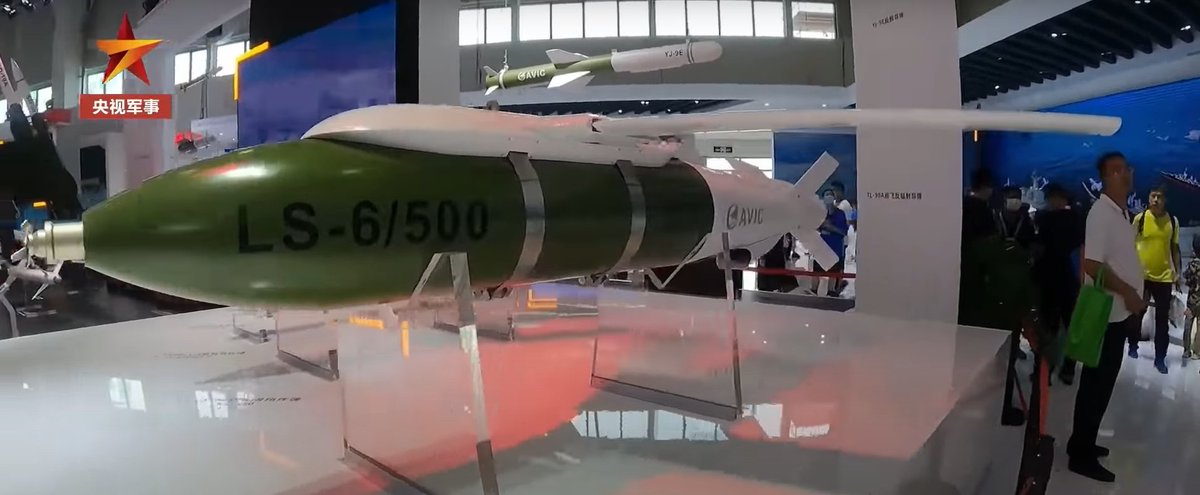
This is very cheap form of standoff weapon, something your aerospace forces needs, because of your lackluster SEAD capability (Suppression of Enemy Air Defense)
To solve the root of the problem (SEAD deficiency)
Then may I recommend the TL-30 anti-radiation loiter munition.
It can be launched from any platform, and fly over a designated area to search for enemy radar signatures.
It can then lock on and destroy the enemy radar
Then may I recommend the TL-30 anti-radiation loiter munition.
It can be launched from any platform, and fly over a designated area to search for enemy radar signatures.
It can then lock on and destroy the enemy radar
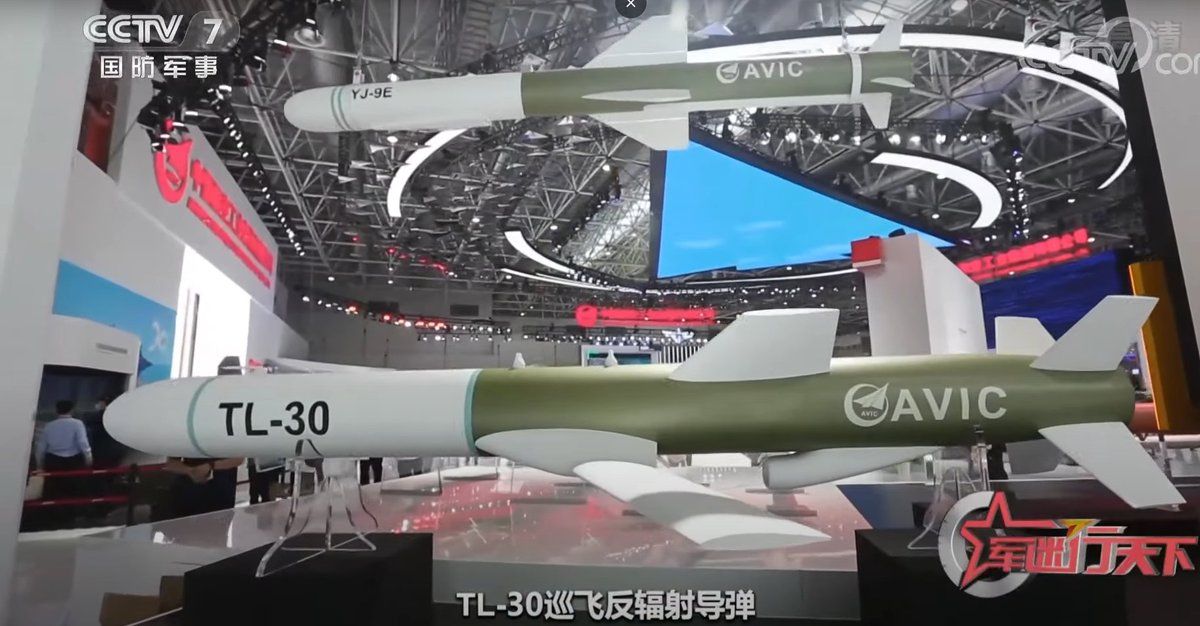
Option 3 Pro: A good long term investment, for any future endeavors, say the Baltic states
Con: Intense training is needed
Con: Intense training is needed
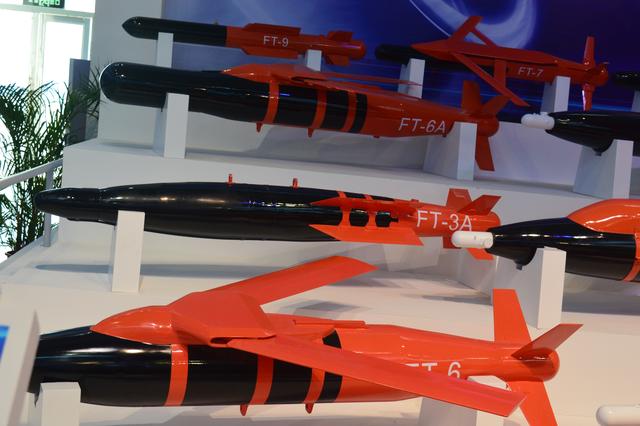
Mr. Putin, I also understand you are concerned about NATO tanks roaming in Ukraine.
Here are 2 Solutions for your feline problem
Here are 2 Solutions for your feline problem
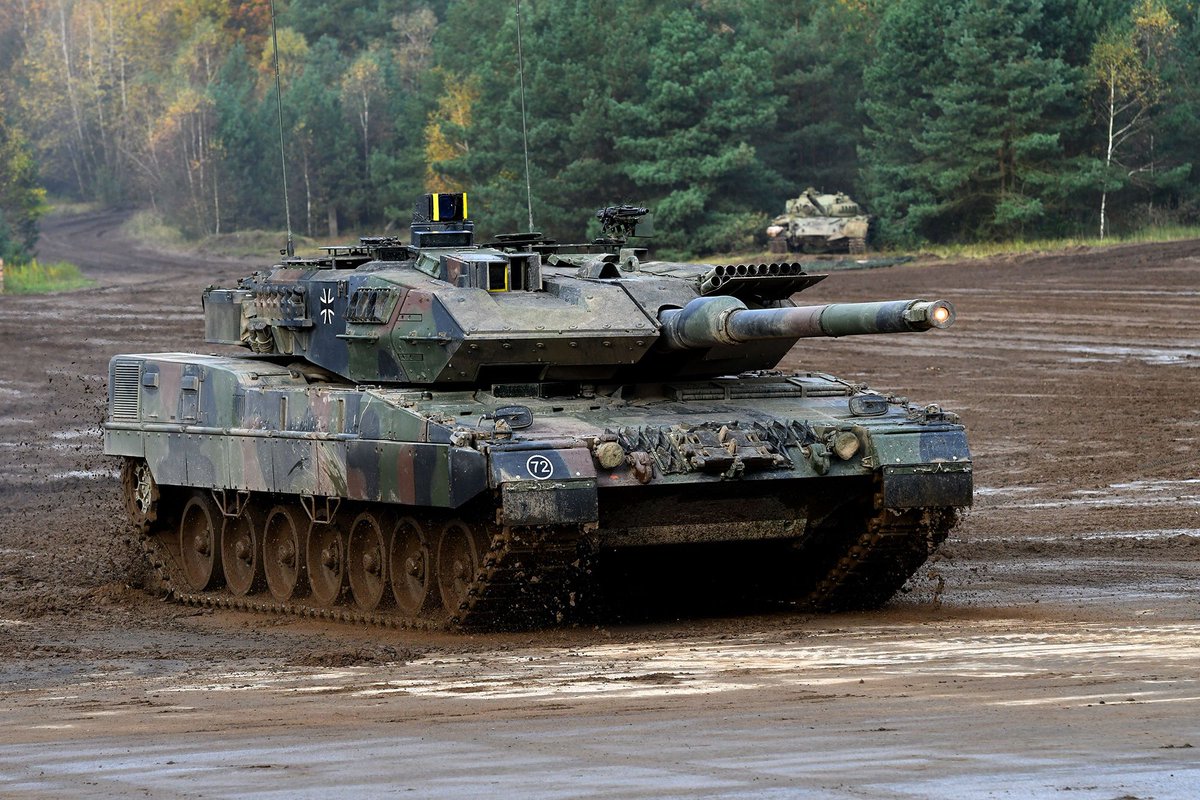
Option 1:
HJ-12 fire-and-forget top attack ATGMs
It's very light
The soft launch is capable of firing inside buildings
It has top attack capabilities that can defeat any NATO tank
HJ-12 fire-and-forget top attack ATGMs
It's very light
The soft launch is capable of firing inside buildings
It has top attack capabilities that can defeat any NATO tank
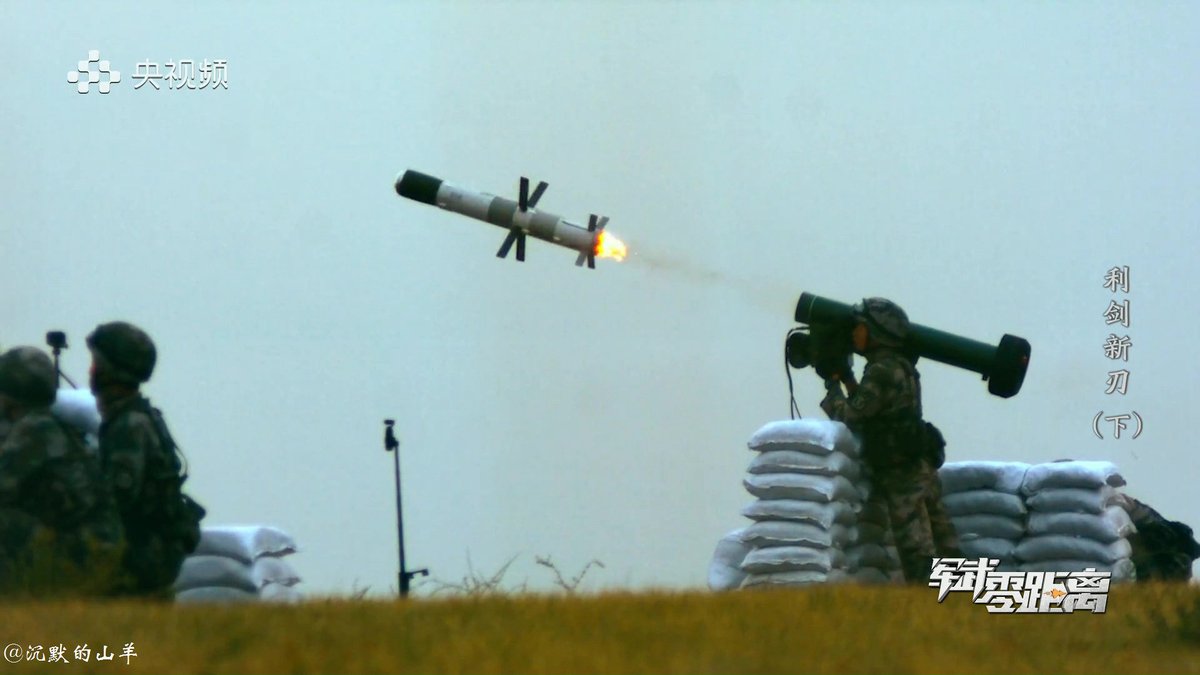
Option 2:
Golden-Eagle 500 UAV
The biggest enemy of tanks are low-flying helicopters
But due to the proliferation of MANPADS, UAV attack helicopters will succeed that title

Golden-Eagle 500 UAV
The biggest enemy of tanks are low-flying helicopters
But due to the proliferation of MANPADS, UAV attack helicopters will succeed that title


Other highly recommended weapon systems urgently needed by Russia
LW-30 laser air defense system, it's very effective in shooting down low flying drones.
LW-30 laser air defense system, it's very effective in shooting down low flying drones.
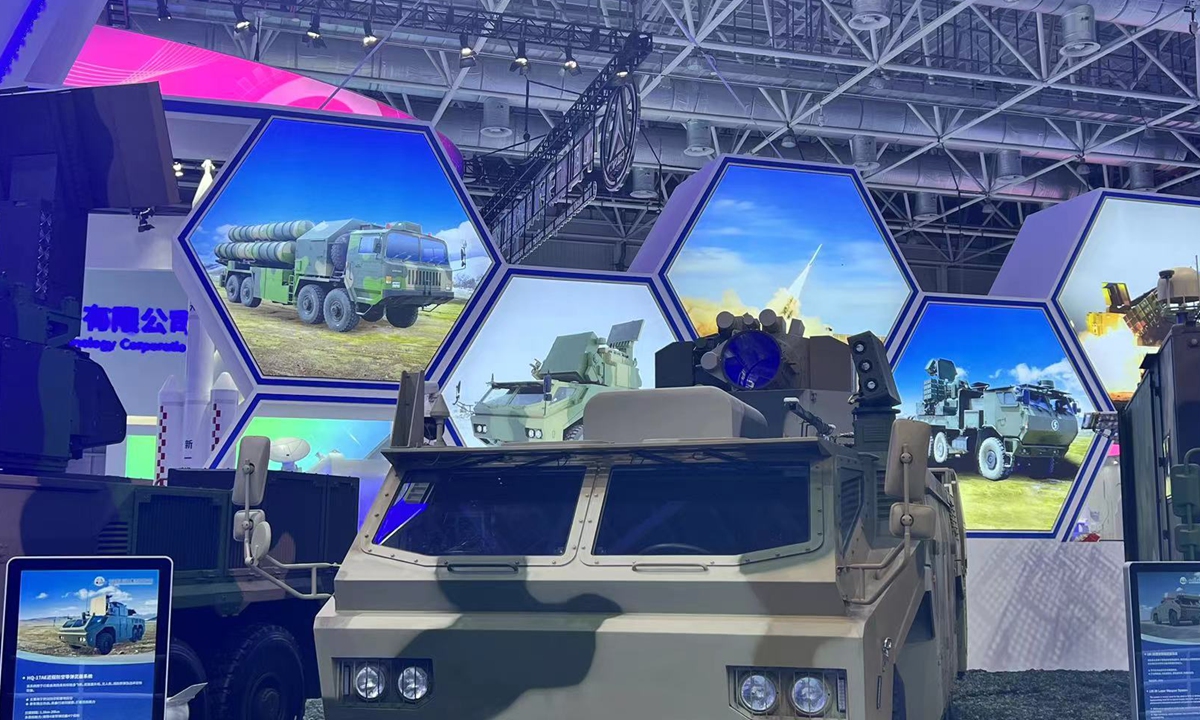
FK-3000 air defense system, it can carry 96 anti-air missiles
Effective against incoming drones or artillery shells
The larger 6 packed FK-2000 module can defend against HIMARS attacks

Effective against incoming drones or artillery shells
The larger 6 packed FK-2000 module can defend against HIMARS attacks


I also recommend the SR-5 modular rocket artillery system
It has twice the capacity as HIMARS and munitions that are just as good.
From King Dragon 300 tactical missiles to launching drones, SR-5 can do everything.
It even comes with a self loading mechanism.
It has twice the capacity as HIMARS and munitions that are just as good.
From King Dragon 300 tactical missiles to launching drones, SR-5 can do everything.
It even comes with a self loading mechanism.
China's lethal weapon support for Russia, should match the amount of weapons the US have sold to Taiwan over the decades. 
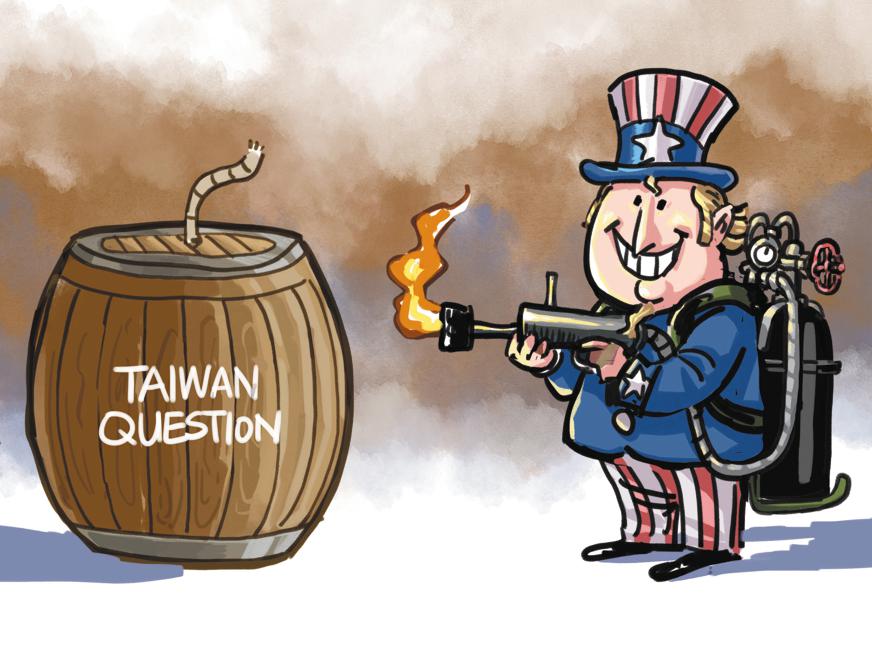
• • •
Missing some Tweet in this thread? You can try to
force a refresh























